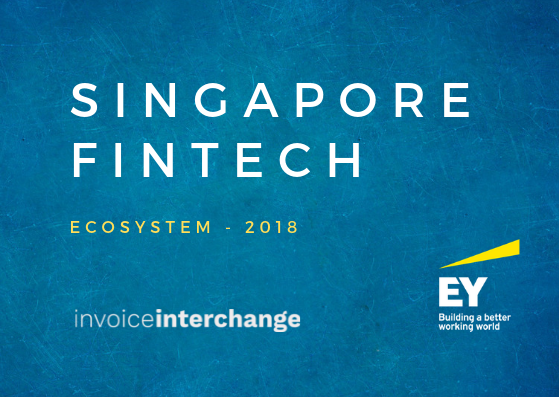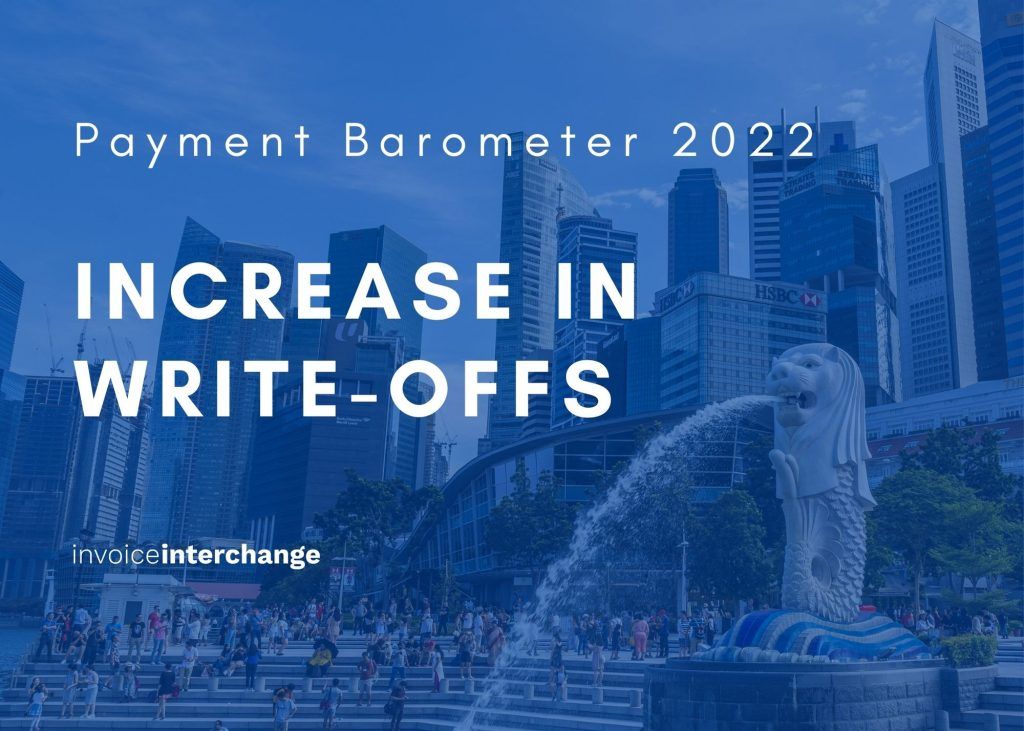
Singapore Fintech Ecosystem : EY Report 18
Singapore Fintech Ecosystem 2018
Financial technology (FinTech) had undoubtedly gained a global presence in recent years. The Singapore FinTech Ecosystem playbook, published by Ernest & Young (EY) and Singapore FinTech Association (SFA), provides a macro perspective of a FinTech ecosystem across the world.
A FinTech ecosystem includes different stakeholders such as consumers, financial institutions, FinTech start-ups, investors, regulators and educational institutions. With the establishment of such an ecosystem, it would be mutually beneficial to the various stakeholders. Every FinTech ecosystem is continually evolving, which highlights the challenges that regulators are presented with.
This article summarises the policies and interventions Singapore’s regulators and policymakers had enforced to develop an attractive FinTech ecosystem. It also covers the driving forces behind FinTech development in Singapore.

Sustained Demand
SMEs offer an attractive opportunity for Financial Technology to succeed. Weak financial history, small ticket loans and high transaction fees resulted this market being under served by traditional financial institutions. FinTech, together with the digitalisation of the lending process, allows an alternative way of funding for SMEs. Therefore, digital identity projects in Singapore are now offering new opportunities for FinTechs to fulfill these demands in an efficient manner.
Banks globally are working with and investing in FinTechs across the bank value chain. The aim is to increase efficiencies, offer new products and enhance customer experience. This results in a greater demand for business-to-business (B2B) solutions.
Regulators are also leveraging FinTechs’ capabilities to improve their processes. For instance, for block-chain based Project Ubin, Monetary Authority of Singapore (MAS) has partnered with FinTech firm Anquan.
Access to Capital
For FinTech entrepreneurs, access to capital rely on numerous factors; the stage of product maturity, the background of founders, headquarter location of the company and target customer segment. Governments globally are supporting start-ups by allowing access to risk and growth capital in order to ease the capital challenges. As a result, some hubs have dedicated funds or fund-of-funds (FOF) to aid FinTechs in their growth phase.
In June 2015, Singapore’s MAS committed S$225m over a five-year period for the Financial Sector Technology and Innovation scheme. In December 2017, it announced the launch of the S$27m Artificial Intelligence and Data Analytics (AIDA) Grant under the scheme.
This year’s FinTech Investor Summit under the MAS-sponsored SingaporeFinTech Festival 2018 has two components — (a) the FinTech Deal Day that connects FinTechs with potential investors and (b) Meet ASEAN’s Talents and Champions (MATCH) that brings together start-ups and enterprises in ASEAN across all sectors with potential investors.
Talent Availability
Nurturing domestic talent is a sustainable solution to the talent unavailability challenge that FinTechs and financial institutions face. Singapore is therefore gearing toward this direction by partnering with schools to train students to develop FinTech knowledge and capabilities.
Since the competition for tech talent has increased, Singapore moved forward by implementing Fintech-focused specialized programs and initiatives to develop the local talent pool. Some initiatives include:
- Offering FinTech-specific courses under its SkillsFuture program.
- The National Trades Union Congress, Singapore Polytechnic and the Singapore Fintech Association have jointly created the Fintech Talent Programme.
- TechSKills Accelerator Fintech Collective to strengthen Singapore’s Infocomm and Fintech talent pool.
Regulatory Openness
To increase competition and provide an enabling environment for FinTech firms, countries are rolling out initiatives regarding Open Banking. This enables FinTechs to leverage on banks’ data to provide and extend their offerings to bank customers. Singapore’s MAS is encouraging financial institutions to adopt Open API as a key foundational layer for innovation and interoperability.
Regulators are experimenting with new technologies such as distributed ledger technology (DLT) which can improve processes. They are experimenting blockchain technology in areas such as payments (including wholesale payments, sovereign currency, trade finance and interbank payments). For instance, Singapore government had adopted DLT to experiment their own digital currencies.
Enabling Environment
- Speeding innovation through public accelerator programs
Incubators, accelerator programs and innovations labs or centres are important levers to drive the FinTech sector in an economy. Hence, Singapore acknowledges the importance of these programs aimed at developing start-ups by providing mentoring, funding, training, networking, and marketing and public relation opportunities.
Singapore’s MAS runs its global accelerator program, Global FinTech Hackcelerator, concentrating on start-ups across the globe.
- Offering FinTechs global platform through branding and positioning initiatives
Singapore acts as a platform for FinTechs to connect, collaborate and network with the various stakeholders.
The Singapore FinTech Festival sees the participation of thousands of start-ups and investors across countries. It was organized by MAS in partnership with the Association of Banks in Singapore and in collaboration with SingEx Holdings. Program highlights include the Global FinTech Hackcelerator, FinTech conference and exhibition, the FinTech Investor Summit and FinTech Awards.
Conclusion
With the 5 pillars of Fintech ecosystem in place, the Government has successfully developed an attractive Singapore FinTech ecosystem through a range of policies and schemes. This is evident when MAS formed the Financial Technology and Innovation Group (FTIG) within its organizational structure in 2015. The formation of FTIG shows commitment by MAS toward the vision of a smart financial center. In 2016, MAS set up FinTech Office to serve as a one-stop virtual entity for all FinTech matters.
Other initiatives of the Singapore Government include the FinTech Regulatory Sandbox, RegTech initiatives and the introduction of blockchain for interbank payments. In 2015, MAS announced that it would commit S$225m over the following five years for FinTech projects. MAS has also issued guidance on ICOs and plans to issue guidelines for the use of artificial intelligence (AI) in the industry.
Lastly, the Intellectual Property Office of Singapore launched the FinTech Fast Track initiative that provides expedited patent application-to-grant process for FinTech inventions.
MAS continues to encourage more FinTech experimentation so that promising innovations can be tested in the market and gain a chance for wider adoption in Singapore.
Related articles
Related Articles

Singapore Businesses Remain Positive Outlook for 2024

Unveiling the Atradius Payment Barometer 2023: Downbeat Exports Outlook Poses Challenge for B2B Trading on Credit
